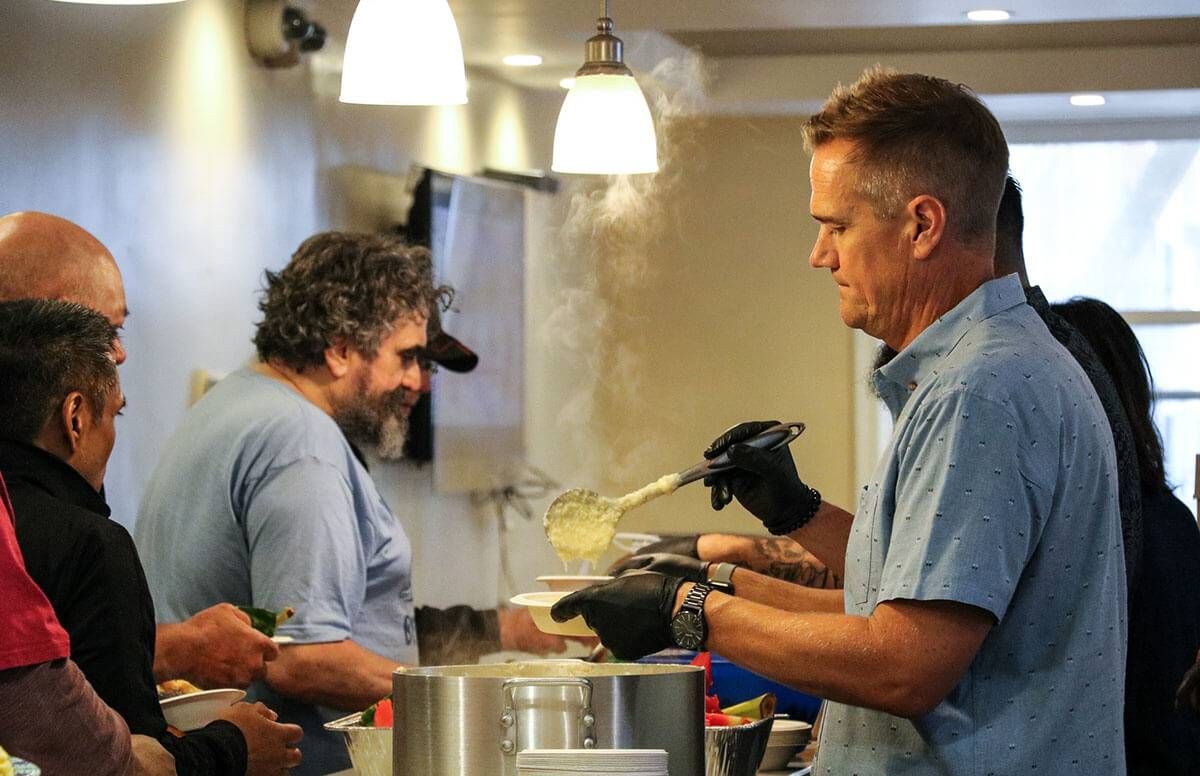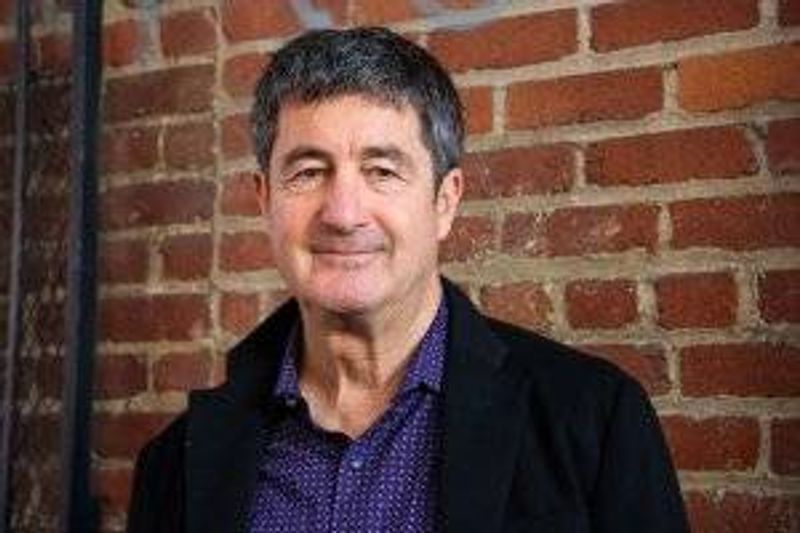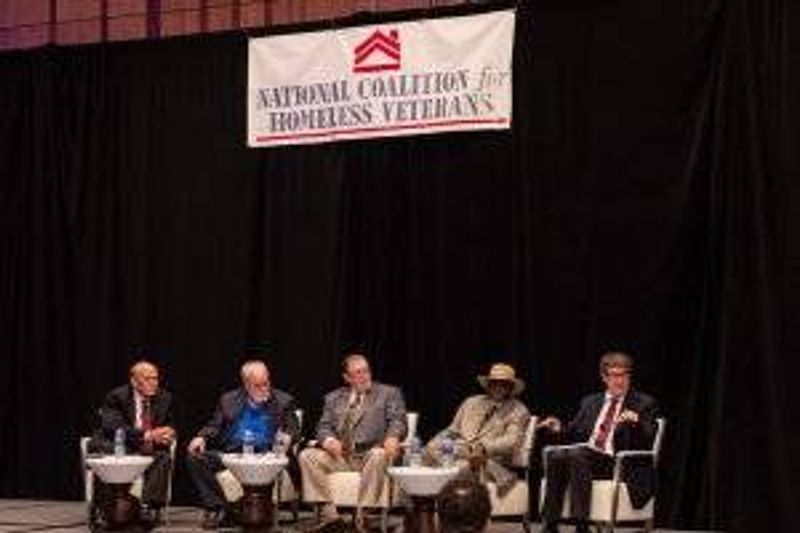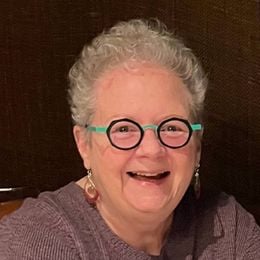Veterans Day 2019: Serving Those Who Served
One San Francisco nonprofit celebrates successes and copes with setbacks
Some 50 years ago, they were young, fit and willing to serve their country in Vietnam. Now, three time-worn but smiling veterans of that war sit around a table in the office of the organization that has saved them from homelessness.

Today, Frank Knowlton, Bo Leong and Alvin Sompayrac live in comfortable housing for veterans. They are proud to have their own rooms with TVs, they enjoy talking with other residents about sports and the news of the day and look forward to a picnic in the park, scheduled later in the week. Each of the men also has access to legal assistance, an employment and training program and support services that address their physical and mental health needs.
Summing up their current situation, Sompayrac says quietly, “We are very blessed.” Knowlton echoes the sentiment aloud, and Leong nods in agreement.
These three men owe their good fortune to Swords to Plowshares, founded 45 years ago as a not-for-profit in San Francisco. It's one of some 45,000 nonprofits registered across the country that serve veterans and their families.
"Many of the older veterans have advanced health conditions, behavioral issues, dental care and dietary needs, and a host of other eccentricities."
The name Swords to Plowshares comes from a passage in the Bible (Isaiah 2:4), but the organization has no religious affiliation. Instead, the name represents the transition from soldier to civilian.

Despite Challenges, Its Director Considers the Glass ‘Half Full’
Working with numerous community partners, Swords to Plowshares has reduced chronic veteran homelessness in San Francisco by 50%. According to its annual report, in 2018, the organization served about 3,000 low-income and at-risk veterans in the Bay Area. About one-third are post-9/11 veterans; almost half were homeless when they connected with the group; about half are 55 or older and almost 75% have disabilities.
In the last five years, Swords to Plowshares has doubled its budget and staff, reporting an annual budget of almost $19 million and about 200 workers. The organization operates two drop-in service centers in neighborhoods where the need is deemed greatest, five legal clinics and seven housing sites. It also provides temporary emergency housing and helps veterans and their families avoid eviction.
This work is not easy. Housing in the Bay Area is in short supply, the federal government wants to privatize the Veterans Health Administration and funding for many veterans’ services has been cut. Still, Michael Blecker, executive director of Swords to Plowshares, admits that though the situation is “a mess” this Veterans Day, he says he sees the glass as half full.
A Vietnam veteran with a law degree, Blecker has worked with Swords to Plowshares since 1976. He represented and won one of the first cases at the Board of Veteran Appeals for PTSD (post-traumatic stress disorder) compensation in 1979. He also is a co-founder of the California Association of Veterans Service Agencies and the National Coalition for Homeless Veterans.
Negative Feelings About the Vietnam War — and the Warriors
Frustrated with the level of care offered when they returned from the war, six Vietnam veterans in San Francisco founded Swords to Plowshares in 1974. As noted in the organization’s history, at that time, the public “did not want to be reminded of the Vietnam War and could not separate their negative feelings about the war from the warriors.” The Veterans of Foreign Wars, the American Legion and the Department of Veterans Affairs also shunned Vietnam veterans.
Until 1980, the American Psychiatric Association did not recognize PTSD as a legitimate disorder with specific symptoms that could be reliably diagnosed. Prior to that, according to the National Institute of Health, “Much of the general public and many mental health professionals doubted whether PTSD was a true disorder. Soldiers with symptoms of PTSD often faced rejection by their military peers and were feared by society in general.”
“Today, there is a sea of good will toward all veterans from the public, from veterans’ organizations and from employers. But Vietnam veterans were underserved for decades,” Blecker says. “What Swords to Plowshares did initially was try to address problems we were seeing up close, and make a larger effort to raise awareness. We continue to learn about needs, figure out how to address them and create programs so we can make positive changes in the lives of veterans.”

Say 'Thank You,' and Consider Another Way to Honor Veterans
Every day, Swords to Plowshares works to improve the quality of care for veterans in need and to get them “housed and safe,” Blecker says. Last year, the organization broke ground on a new supportive housing site in the city that will have space for 62 formerly homeless veterans and 56 low-income families.
At the housing sites, staff members plan outings for residents to bowling alleys, fishing ponds and sports events. On-site programs are provided for older veterans who wish to age in place. In spite of all the good they do, staff members do experience burnout, and that represents another challenge for Blecker. “At the housing sites, they deal with a crisis every day,” he says.
“Many of the older veterans have advanced health conditions, behavioral issues, dental care, dietary needs and a host of eccentricities,” Blecker continues. “A lot of veterans have had rugged lives.”
Many still do. In 2018, more than 37,800 veterans in the U.S. were experiencing homelessness. Saying “thank you for your service” to family members and friends who have served is important, but this Veterans Day, you also may want to consider making a donation to a reputable nonprofit in your town working hard to see the glass as half full and to help all veterans feel blessed.


